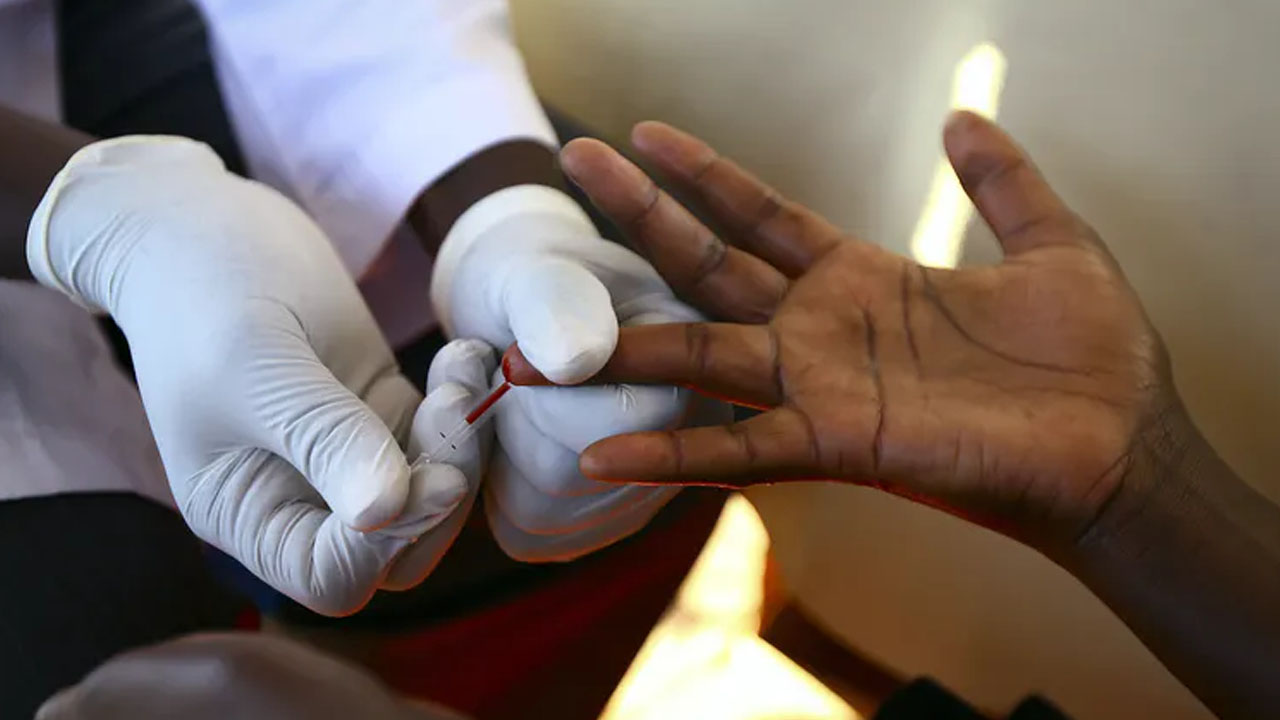
Stakeholders in the health sector have emphasised the need to strengthen surveillance and improve response mechanisms to reduce acute febrile illnesses in communities across the country.
Acute Febrile Illness (AFI) is the medical term used to describe a sudden fever or elevation in body temperature or an abnormal condition of the body when the temperature is elevated over 37.5 degrees Celsius (99.5 degrees Fahrenheit). It’s a common manifestation of various infectious diseases with localising symptoms such as diarrhea, cough, or other respiratory symptoms, and neurological manifestations.
In Nigeria, the Acute Febrile Illness Sentinel Surveillance (AFIS) project was initiated in 2022 to strengthen surveillance and diagnostic capacity for priority pathogens associated with acute febrile illness and transition implementation to the Nigeria Centre for Disease Control and Prevention (NCDC).
The AFIS project, which is a prospective, case-based sentinel surveillance of AFI with laboratory confirmation, is implemented by NCDC in collaboration with the Institute of Human Virology Nigeria (IHVN) with funding from the US Centre for Disease Control and Prevention (US-CDC)
Recently, experts who gathered at the AFIS Transition Workshop in Abuja stressed the need to confront emerging threats, such as new pathogens and the impacts of climate change, which may exacerbate the spread of febrile illnesses.
In his keynote address, Director General of the NCDC, Dr Jide Idris, said Nigeria has faced outbreaks of malaria, dengue, Lassa fever, and other febrile conditions that have claimed lives, as well as strained healthcare system.
Idris noted that despite these challenges, the country has also seen resilience, innovation, and an unwavering commitment to safeguarding public health while making remarkable strides in the surveillance and management of acute febrile illnesses.
He said: “Our surveillance systems have evolved significantly, moving from rudimentary data collection methods to more sophisticated and technology-driven approaches. The partnerships forged between government agencies, international organisations, academic institutions, and local communities have been instrumental in these advancements.
Idris, who was represented by the NCDC Director, Special Duties, Dr John Oladejo, explained that the primary objective of the AFIS is to determine the etiologies of AFI among children and adolescents (2-17 years) and adults (18+ years) attending selected health facilities to identify, monitor, and assess pathogens of potential public health importance.
The longer-term objectives include strengthening epidemiological and laboratory capacity for AFI at the national and sub-national levels, as well as establishing a biobank of AFI samples for future surveillance needs.
“This meeting marks the beginning of a new chapter in our surveillance efforts. This transition is not merely a handover of responsibilities but rather an opportunity to identify and address concerns with the AFI transition to recalibrate our strategies, integrate new insights, and ensure our surveillance systems are robust, responsive, and adaptable to the ever-changing landscape of febrile illnesses.
“In this new phase, we aim to enhance our data collection and analysis capabilities, improve the timeliness and accuracy of our reporting systems, and ensure that response mechanisms are agile and effective. This will require continued collaboration at all levels- local, national, and international- and a renewed focus on capacity building, resource allocation, and community engagement,” he added.
Idris emphasised the need for stakeholders to work together to ensure that strong surveillance systems and swift response in the healthcare system are safeguarded and urged the participants to leverage collective expertise and resources to build a surveillance system that is resilient, adaptive, and capable of protecting the health of all Nigerians.
Also speaking, the Executive Director, International Research Centre of Excellence (IHVN), Prof Alash’le Abimiku, stressed the importance of collaboration between various partners, including the Institute of Virology, the Nigerian government, and the U.S. CDC.
Abimiku reiterated the institute’s commitment to supporting the government, particularly in the transition phase, and the ongoing efforts to improve healthcare through accurate diagnosis.
USCDC Programme Director, Division of Global Health Protection, Farah Husain, said that public health professionals should protect the health of the population. She observed that fever is a common sign of many infections caused by diverse pathogens, which are often misdiagnosed and when incorrectly treated, contribute to the increase in drug resistance, thereby increasing morbidity and mortality.
Husain noted that AFI surveillance with laboratory confirmation can help to better determine what pathogens are in circulation, and respond to both emerging and re-emerging disease threats.
She said that setting up a robust AFI surveillance system takes time, but its success will be measured by its ability to quickly detect and reduce the spread of disease within Nigeria, and across its borders, and increase health protection for populations globally.






